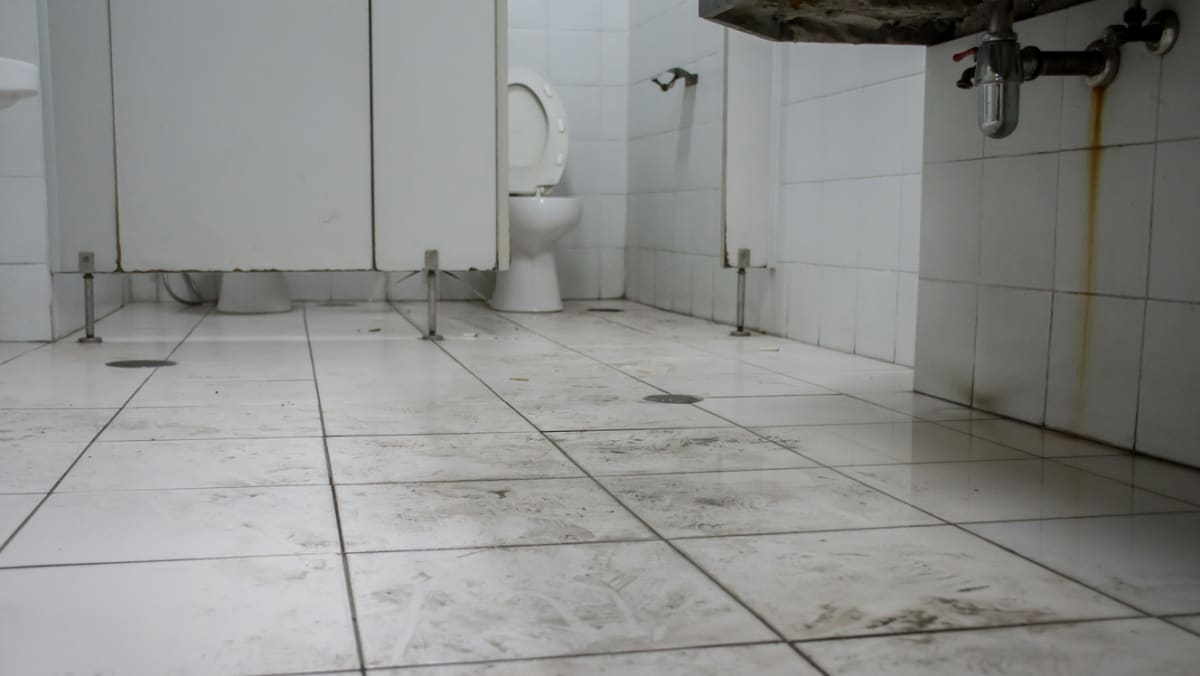
SHARED RESPONSIBILITY TO KEEP PUBLIC TOILETS CLEAN
Similar to the previous public toilet surveys, the latest edition comprised comprehensive on-site surveys of toilet attributes.
It confirmed earlier findings that toilets near cooking facilities are significantly dirtier.
One in four people interviewed said they will not answer nature’s calls at these toilets.
“I think the coffee shops don’t have much space. Therefore, the hygiene level has to be kept very high,” said Mr Sim.
“What happens is that food hygiene becomes very dangerous when pathogens from the toilet travel into food, and when the cooks don’t even have the soap to wash their hands. In the coffee shops, the soap is diluted with so much water, and the cooks cannot wash their hands properly.”
Most survey respondents said that toilets in coffee shops and hawkers centres need a major overhaul.
“We believe that it is time we recognise that keeping public toilets clean is the collective responsibility of both the premise operators and the users. It does not only fall on the shoulder of one,” said Mr Andrew Khng, chairman of the Public Hygiene Council.
“Clean public toilets can only be possible when everyone plays their part. Partnership between operators and users could also create a multiplier effect that encourages good toilet etiquette across the wider community.”
Ms Michelle Tay, director of the Singapore Kindness Movement, agreed, saying: “This fosters a sense of community and shared responsibility that reflects a collective commitment to maintain hygiene and the overall quality of life for everyone in our society.”
